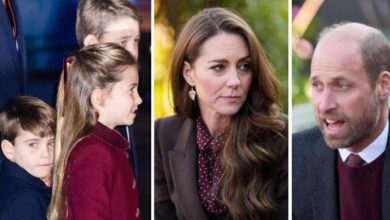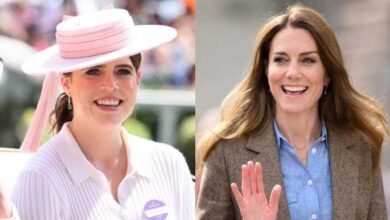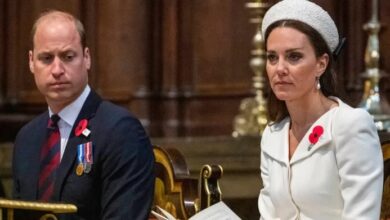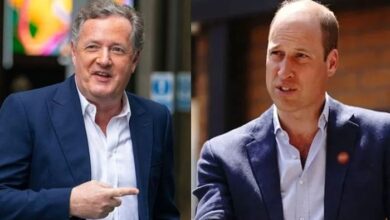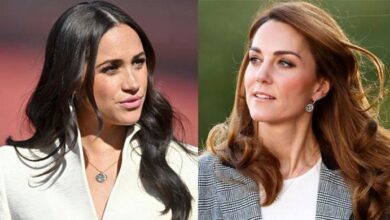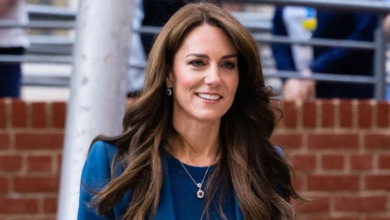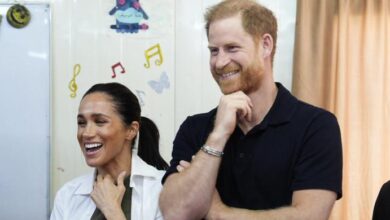Prince Andrew Scandal Blows Open Ugly Truth About What the Royal Family Really Protects
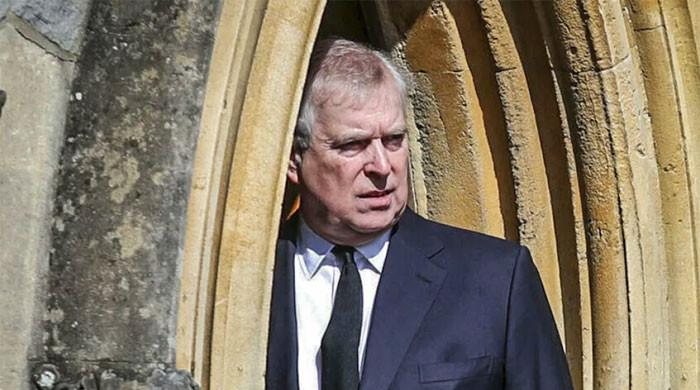
Prince Andrew’s implosion has once again ripped the curtain off the monarchy and forced an uncomfortable question back into the spotlight whose interests does the Royal Family actually serve. The once titled Duke of York has now surrendered every honour after public fury over his ties to Jeffrey Epstein but critics say the scandal exposes something far bigger than Andrew alone.
Royal commentator Kevin Maguire argued that Andrew’s disgrace is not just an isolated shame story but a mirror held up to the entire system. He noted that a monarchy which insists on deference pomp and public funding cannot pretend to be morally superior while harbouring scandals of this magnitude behind palace walls.
Maguire said the Andrew debacle should spark a national soul search about why one biologically privileged family is placed above accountability subsidised by taxpayers and shielded from the consequences ordinary citizens would face without question.
He asked why Buckingham Palace never alerted authorities when it was claimed Andrew himself told an aide he had acquired personal material about Virginia Giuffre and wanted police protection officers to dig for dirt. That allegation alone raises questions about whether palace staff were protecting victims or protecting a prince.
Critics argue this is not the first time the institution closed ranks to save itself rather than uphold the law or public trust. From the start of the Epstein scandal the monarchy seemed to operate with one priority the survival of the Royal Family brand not truth transparency or justice.
The most explosive claim from Maguire is that the late Queen funded part or all of the reported £12 million settlement Andrew paid Giuffre to avoid trial. If true taxpayers indirectly buffered the fallout of a sexual abuse case involving the Queen’s own son.
That payment allowed Andrew to avoid cross examination under oath which critics say robbed the public of truth and allowed the palace to cauterize the scandal without clarity or justice. In the eyes of many the monarchy bought silence not accountability.
This pattern of institution-first decision making is not new. Time and again the royals have responded to crisis not with transparency but with suppression and controlled damage limitation designed to protect the crown at all costs.
Read More: Meghan Markle Shocks Fans by Revealing the Secret Power of Freedom After Leaving the Royal Family
The timing of Andrew’s abandonment of his title under pressure from King Charles only fuels arguments that consequences arrive only when the monarchy faces reputational threat not when wrongdoing first emerges. The move appears reactive not principled.
Republicans and reformists in Britain now view the Andrew disgrace as a once in a generation chance to revisit why a hereditary elite receives public privileges protection and reverence while operating under rules separate from ordinary citizens.
They argue the scandal shows the monarchy is not a neutral national symbol but a self-preserving institution that responds to scandal only when cornered. The idea that Royal Family members behave nobly out of duty is being shredded in real time.
Supporters of the crown insist Andrew is one man not the monarchy and that King Charles removing his honours proves accountability is possible. But critics respond that removal after decades of cover-up is not accountability it is public relations.
With Andrew now disgraced stripped and sidelined critics say the real test is not what happens to him next but whether the scandal triggers structural scrutiny of royal power secrecy immunity and the quiet transfer of consequences from palace to public.
For now the monarchy carries on while Andrew retreats behind walls. But the question he leaves behind is bigger than his shame, what exactly is being protected by institution and why should the public continue to protect it in return.
